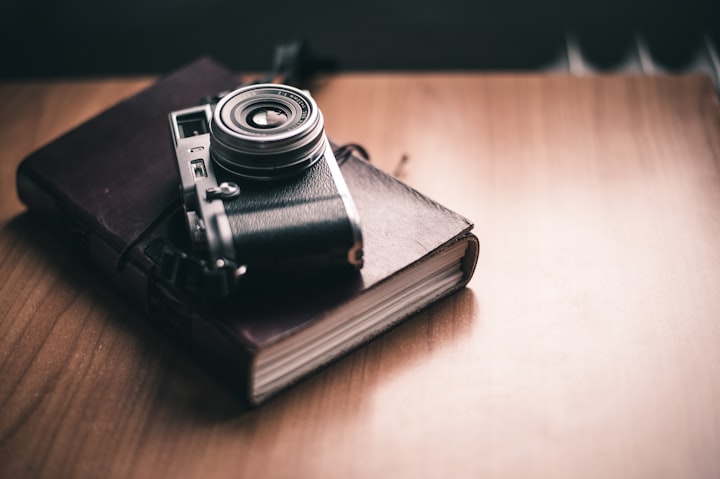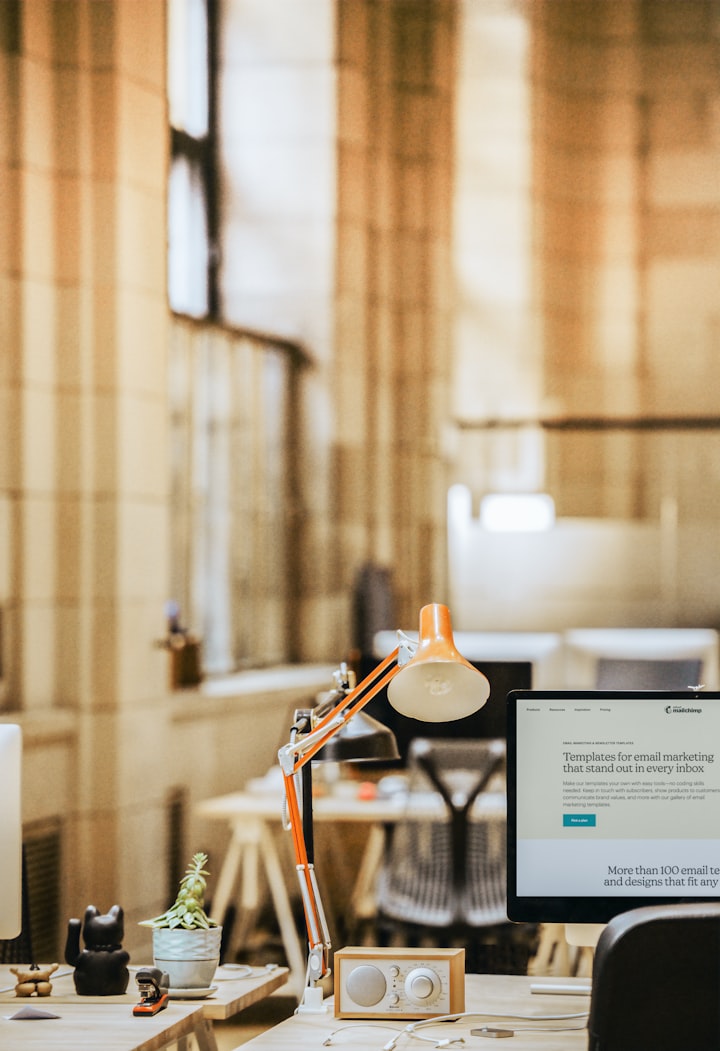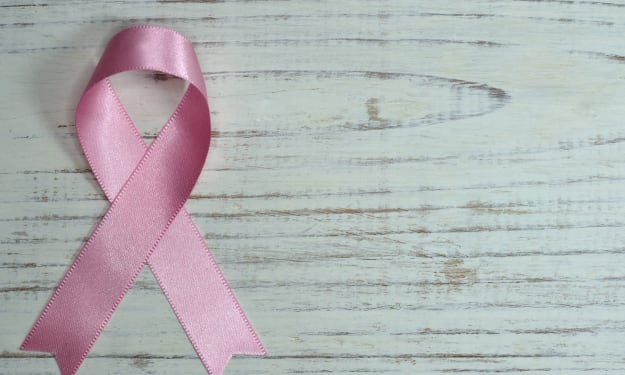
As a language model, I do not have physical possessions and therefore cannot be robbed or stolen. However, it is important to be aware of the security measures in place to protect any personal possessions you may have, such as keeping valuables in a safe or locked location, or using security cameras. Additionally, being aware of your surroundings and being cautious of potential threats can help to keep your possessions safe.
It's also a good idea to keep a record of your possessions, such as by taking photographs or keeping a list of items and their serial numbers. This can be helpful in the event that your possessions are stolen and you need to file a police report or make an insurance claim. Additionally, it can be useful to invest in security systems such as alarms or surveillance cameras, and to be mindful of who has access to your property, such as by locking doors and windows when you are away.
Another way to protect your possession is by keeping them insured. Many insurance companies provide coverage for personal possessions, including jewelry, electronics, and other valuables. This can help to protect you in the event that your possessions are lost, stolen, or damaged.
It's also important to be aware of the risks of online theft. This includes being cautious of phishing emails and suspicious links, as well as ensuring that your personal information is protected when using online platforms or mobile apps.
In summary, it's important to be aware of the security measures in place to protect your possessions, and to take steps to safeguard them, such as by keeping them in a safe location, being aware of your surroundings, keeping a record of your possessions, investing in security systems, and keeping them insured. Additionally, being aware of the risks of online theft can help to protect your personal information and possessions.
Another important aspect of keeping your possessions safe is being mindful of your behavior and activities. For example, it's important to be aware of your surroundings when you are in public places, and to be cautious of people who may be watching you. Additionally, it's important to be discreet when displaying expensive items or valuables, such as not leaving your purse or wallet open, or leaving your phone or jewelry out in plain view.
Another way to keep your possessions safe is by using smart security features, such as smart locks, smart cameras, and smart alarms. These devices can be controlled remotely using a smartphone or tablet, and can alert you to any suspicious activity or break-ins. Also, you can use anti-theft apps that can help you locate your phone or tablet if it's lost or stolen.
It's also a good idea to be prepared for unexpected events, such as natural disasters or power outages. This means keeping important documents and items in a safe, easily accessible location, and having a plan in place in case of emergency.
In addition, it's also important to be aware of the security risks associated with online shopping and online payments. This includes ensuring that you are shopping on secure websites, and being cautious of any suspicious emails or phone calls that may be phishing attempts.
In conclusion, keeping your possessions safe requires a combination of physical and digital security measures, as well as being aware of your surroundings and behavior, using smart security features, being prepared for unexpected events, and being cautious of online security risks.
Another important aspect of keeping your possessions safe is being aware of the security risks when traveling. This includes being mindful of your surroundings when in unfamiliar places, keeping your valuables close and secure, and being aware of pickpocketing and theft risks. It's also important to keep copies of important documents, such as passports and ID cards, in a separate location in case they are lost or stolen.
When traveling with valuables, it's also a good idea to use a hidden money belt or a neck pouch to keep your cash and credit cards safe. Additionally, you can use RFID-blocking wallets or sleeves to protect your credit cards and passport from RFID skimming.
When it comes to your home security, it's a good idea to install a security system with door and window sensors, as well as motion detectors. These systems can alert you to any suspicious activity, and can be controlled remotely using a smartphone or tablet. Additionally, you can install smart cameras, which allow you to monitor your property remotely and record footage of any suspicious activity.
In addition, it's also a good idea to use secure passwords for all of your online accounts and change them regularly. This includes using a combination of letters, numbers, and special characters, and avoiding using the same password for multiple accounts.
Finally, it's important to be aware of the latest security risks and to stay informed about new technologies and techniques that can be used to protect your possessions. This includes keeping an eye out for security updates and patches for your devices and software, and staying informed about new security threats and vulnerabilities.
In conclusion, keeping your possessions safe requires a combination of physical and digital security measures, being aware of your surroundings and behavior, especially when traveling, being prepared for unexpected events, and being cautious of online security risks, and staying informed about new technologies and techniques that can be used to protect your possessions.
About the Creator
Arslan
Professional Blogger






Comments
There are no comments for this story
Be the first to respond and start the conversation.